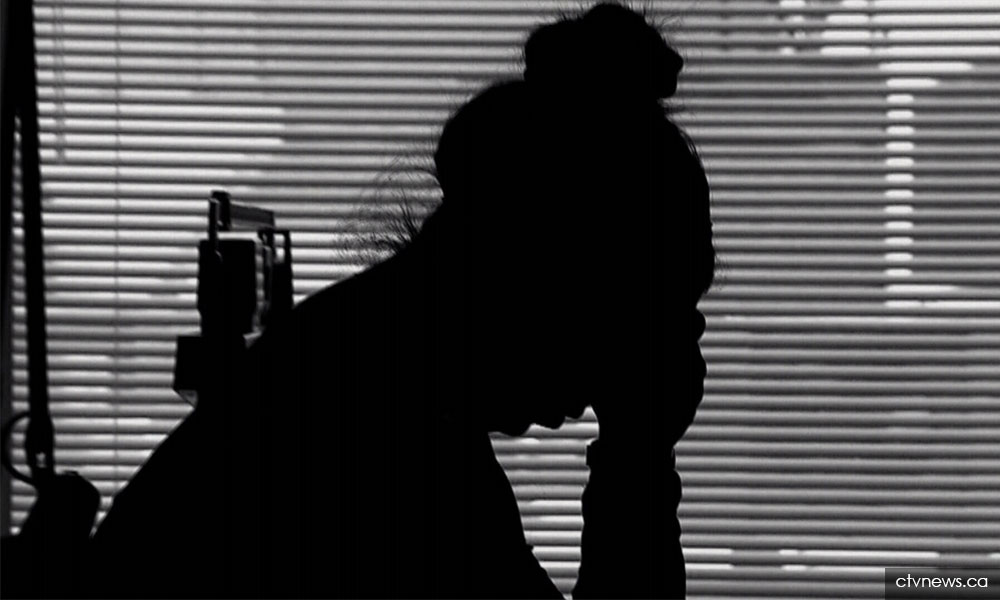LETTER | Beyond behavioural problems: Understanding dementia
LETTER | I cringe each time I hear the term BPSB (Behavioural and Psychological Symptoms in Dementia ) being used so freely and openly accepted.
It is as though it is expected that people living with dementia (not demented people) are expected to behave in such an “unacceptable” manner.
This view automatically causes us to medicalise and pathologise the expressions of people living with dementia - in fact, we hold them to a higher emotional standard than we would to ourselves.
There is an immediate separation between us and them. The obvious double standard becomes blurred. Think for a moment.
We get angry, sad, frustrated, or anxious, but people with dementia have “behaviours.”
We go for a walk, do our “steps,” or get bored and leave, but people with dementia “wander”, “exit-seek” or “elope”. We get restless when forced to follow others’ routines and schedules but people with dementia have “sundown.”
We shop in bulk but people with dementia “hoard.” We resist being locked up, bossed around or touched by strangers but people with dementia get “agitated”, “aggressive” and “resist care”!
If people are upset because they are being undressed by strangers, are locked inside a living area, have no meaningful engagement in their days, or are simply expressing the range of emotions that we all display at times - how is that BPSB?
If we lost the ability to vocalise our emotions and needs, how can we communicate them?
I believe dementia is the greatest shame of modern medicine, not because there have been no significant advances in treatment, but due to restraints to perpetual stigmas and stereotyping, to antipsychotics, to labelling - we have lost our recognition of the humanity of those living with the diagnosis.

I adore Dr Allen Power’s definition of dementia simply as “a shift in the way a person experiences the world around her/him”.
This provides us with the ability to change the mindset of blaming everything on brain disease.
By understanding that persons living with dementia experience the world differently, we can begin to uncover the root causes and work on solutions that lie within supporting our shared humanity.
We all need to look closely at ourselves–our words and our practices, to question if we are sincerely honouring the person’s dignity, value and human rights in everything we do.
We can be the change we want to see.
The views expressed here are those of the author/contributor and do not necessarily represent the views of Malaysiakini.
RM12.50 / month
- Unlimited access to award-winning journalism
- Comment and share your opinions on all our articles
- Gift interesting stories to your friends
- Tax deductable
